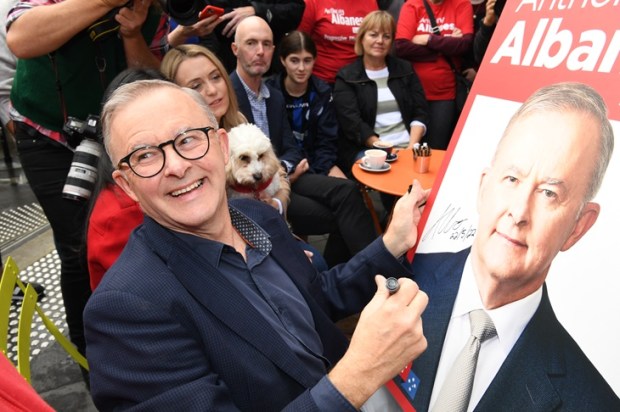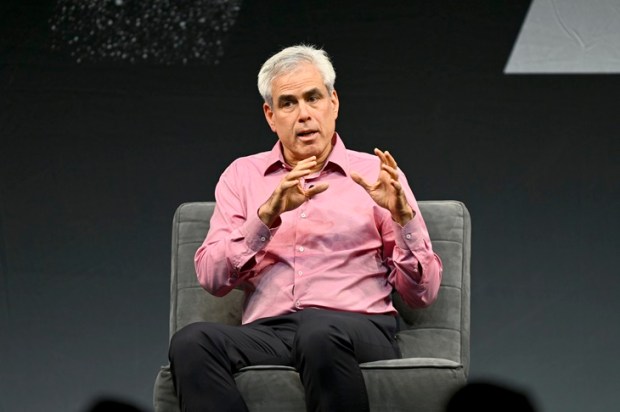There is so much confused thinking about thinking.
It is some people’s belief that all you have to do to fix a social problem is ‘teach them this’, ‘re-educate them about that’, or ‘de-radicalise them to our viewpoint’. I am not speaking to people’s good intentions with these ideas – it is their naivety combined with their ignorance wrapped in a shroud of pride with which I have concerns.
Politicians make this mistake regularly in a very circular way. It is a chicken and egg scenario that makes it difficult to find where the logic starts, but the ‘wheel of educational silliness’ can be said to begin when someone identifies a problem with our young people. Another bright leader then says, ‘We’ll fix it by teaching them about it at school.’
Of course, the same people invariably believe that the problem exists because schools are not doing their job properly – so ‘education’ serves both the scapegoat and the saviour.
Politicians can become quite simplistic about causes and remedies when looking at issues regarding the character and convictions of our young people. ‘Just educate them properly’ and things improve, they insist. But this is only the tip of the silliness iceberg.
Such thinking about the way human beings think sits on certain assumptions about who we are as people, and thus how we learn. It is as if these leaders (who are certainly not thought-leaders in this part of life) believe that we are like mini machines who can be programmed, or animals who only operate on their instincts except when trained to act differently by higher intelligences.
These political leaders have not stopped to understand that humans have a capacity called self-consciousness that enables us to think differently. Pausing and considering self-consciousness is a neglected part of the conversation because it takes a bit of mental grunt. Even (secular humanist) luminaries like Richard Dawkins and Thomas Nagel admit that they have no idea how we as humans have consciousness and self-consciousness.
Dawkins expressed his uncertainty this way:
‘It’s important to state what we [scientists] don’t know … we don’t know what dark matter is, we don’t know how the universe started and how life started. We don’t understand consciousness. We mustn’t fall into the trap of being seen as arrogant because we think we know everything. We’re working on it.’
These Neo-Darwinists aren’t giving up yet, even though Nagel also admits that theistic philosophers have an internally coherent explanatory framework. Both say their colleagues have to work harder to come up with an equivalent explanation.
All this is to say that our thinking is not a simple programmable part of our existence. Some neuroscientists also admit that our brain, in its physical essence, cannot explain all our thinking capacities.
This conundrum of thinking about thinking is not a new endeavour. Aurelius Augustine reflected on it in 427AD. He understood that there is a difference between teaching about something, and teaching for commitment to do good.
The first aspect, which we can call instruction, is about inviting students to become competent (and understanding how poorly we do that bit is well covered by others likes Dr Kevin Donnelly). However, having instructed someone does not guarantee that we know their personal commitments. Someone can be proven fully competent in knowing about a topic and in applying that information, but that gives us no certain insight into what they will do with that competency or cleverness.
There are a couple of everyday examples to highlight this principle. Think about everyone who has a driver’s licence. They have proven that they know about the road rules and how to use them. That is why they are given a ‘certificate of competence’. But, would you bet on everyone who has a driver’s license always obeying the road rules? Likewise, would you assume that everyone who has an obesity problem does not know about healthy eating? Given this, why do our politicians come up with simplistic notions about education changing what we believe and how we live?
There are some basic principles for how we remember information – these are rehearsal (we keep on using information and skills until they are embedded in our memories) and meaningfulness (it is so important we remember it). That is why when our children go to school for thirteen years hearing a single message over and over, and that message is cast in terms of life and death scenarios, they can become what we might call ‘indoctrinated’ – think environmental catastrophism, or gender fluidity.
But we cannot force the soul of anyone. Ultimately, we make our decisions as adults about what to do with our knowledge. Without this principle of life, we could not sustain any notion of moral responsibility and law as we know it would collapse.
And that brings us to the proposed de-radicalisation programs, which are very similar to re-education programs. We know from history that we can sometimes, within extreme conditioning programs, achieve verbal compliance and even physical compliance in the direction in which an individual does not want to go. However, Auschwitz survivors taught us that this was no indication of what was held dear in the hearts of those people – Frankl’s Search for Meaning is an outstanding example of this.
Yet our politicians suggest that they can be the first in history to design a program that will not only inform someone’s lack of knowledge, but change their personal commitments about a singular message that has been heard, and presumably believed, for a lifetime.
That is silly, because it is nonsense. It also makes no sense given what we know about education.
To go back to Augustine, he explained that instruction overcomes ignorance. It is instruction that we test. Instructing in a delightful manner encourages our students to keep learning. But teaching is the invitation to consider what good one might do with what one now knows about. It is not ‘testable’ by pen and paper or through psychological diagnostics.
De-radicalisation requires not just information, but a change of heart. And our current crop of shallow social conditioners – sorry, bureaucrats employed to change people towards politicians’ wills – are well and truly out of their depth when it comes to that part of life. Would you bet on knowing the heart of everyone who goes through their sausage factory of reorientation?
I wonder if I should send a copy of Augustine’s little book to our Home Affairs Minister.

























